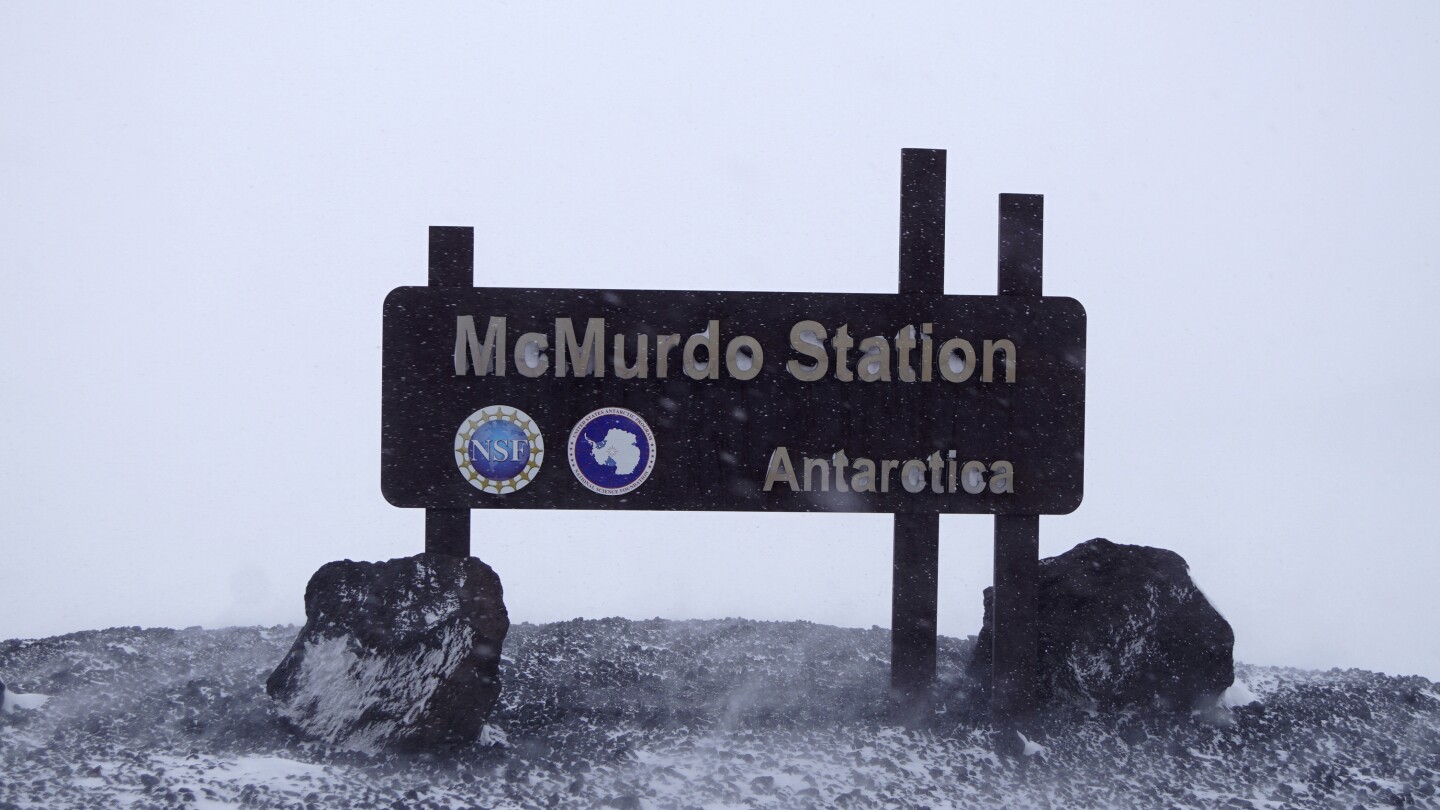The National Science Foundation, the federal agency that oversees the U.S. Antarctic Program, published a report in 2022 in which 59% of women said they’d experienced harassment or assault while on the ice, and 72% of women said such behavior was a problem in Antarctica.
But the problem goes beyond the harassment, The Associated Press found. In reviewing court records and internal communications, and in interviews with more than a dozen current and former employees, the AP uncovered a pattern of women who said their claims of harassment or assault were minimized by their employers, often leading to them or others being put in further danger.



I had a female friend/coworker that had previously served in the Navy, on a carrier as a communications specialist. She told stories of endless harassment. She said ultimately some of the women crafted partnerships with other female sailors and convinced everyone they were lesbians in order to just survive the job. It meant they had to spend lots of time together and play the part. She also said they had to work the jealousy angle because nobody wanted to be attacked by an angry lesbian girlfriend.
The male sailors assumed a lot of the women were lesbians because of the masculine nature of the work, or, as she put it, because they couldn’t believe the women weren’t attracted to them. It turned out if you gave them a plausible explanation you could fake your way through it. Without a plausible explanation, they could become resentful and dangerous. I asked if claiming to be married and/or have kids would work, she said it wasn’t as effective and you ultimately needed female allies anyway. She also said that actual lesbians would pretend to “date” hetero women in order to protect them. She kind of described it as leveraging the power of rumors.
I told her it sounded a lot like what happens in prison. She said in some ways, it was a prison.
This. This is why humanity cannot have nice things.
Because humanity is not a nice thing?
Eh, humanity has a lot going for it.
Just not all of it.
Well, it seems like every army is a prison